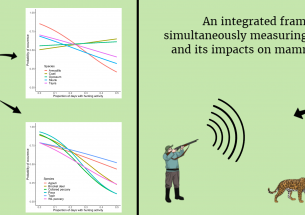News and Opinion
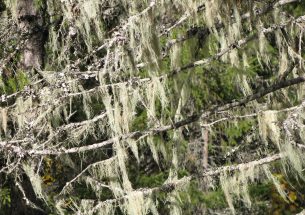
New knowledge on how climate affects pendulous lichens in northern forests
READ MORE about New knowledge on how climate affects pendulous lichens in northern forests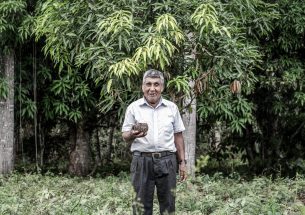
Better health – for people and the planet – grows on trees
READ MORE about Better health – for people and the planet – grows on trees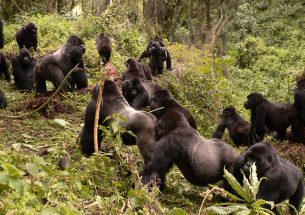
Mountain gorillas are good neighbours – up to a point
READ MORE about Mountain gorillas are good neighbours – up to a point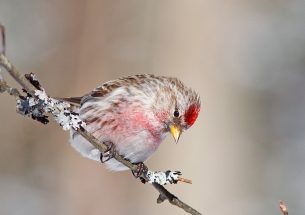
Most migratory birds rely on a greening world
READ MORE about Most migratory birds rely on a greening world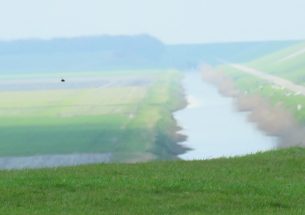
Bumblebee queens migrate for hundreds of kilometres
READ MORE about Bumblebee queens migrate for hundreds of kilometres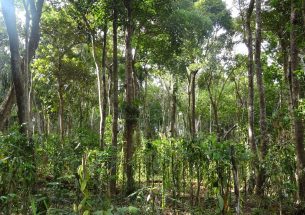
Vanilla cultivation under trees promotes pest regulation
READ MORE about Vanilla cultivation under trees promotes pest regulation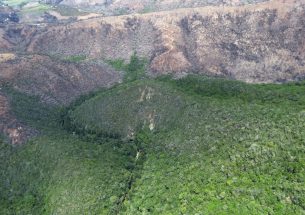
A new lens on an old problem: changing data resolution provides new insights for alien species management
READ MORE about A new lens on an old problem: changing data resolution provides new insights for alien species management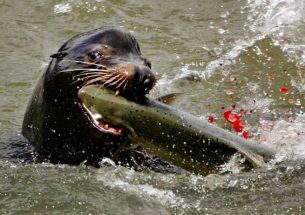
Early-arriving endangered Chinook salmon take the brunt of sea lion predation on the Columbia
READ MORE about Early-arriving endangered Chinook salmon take the brunt of sea lion predation on the Columbia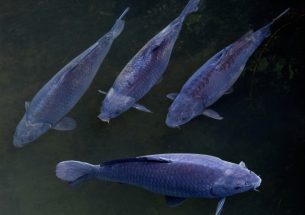
Australian carp virus plan 'dead in the water'
READ MORE about Australian carp virus plan 'dead in the water'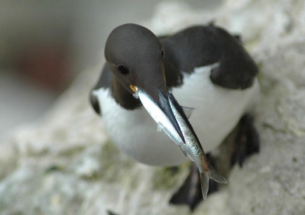
How top predators and fisheries can survive on the same prey
READ MORE about How top predators and fisheries can survive on the same prey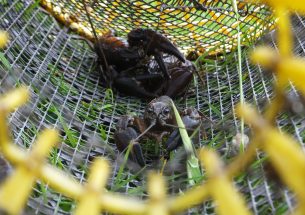
Crayfish ‘trapping’ fails to control invasive species
READ MORE about Crayfish ‘trapping’ fails to control invasive species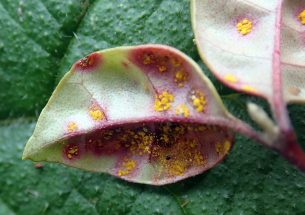
Researchers predict refuges from the disease myrtle rust
READ MORE about Researchers predict refuges from the disease myrtle rust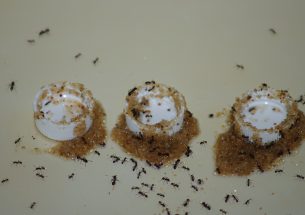
Ants adapt tool use to avoid drowning
READ MORE about Ants adapt tool use to avoid drowning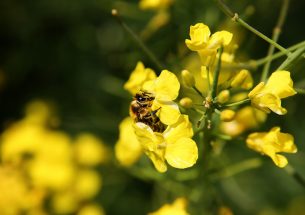
Pollinator monitoring more than pays for itself
READ MORE about Pollinator monitoring more than pays for itself